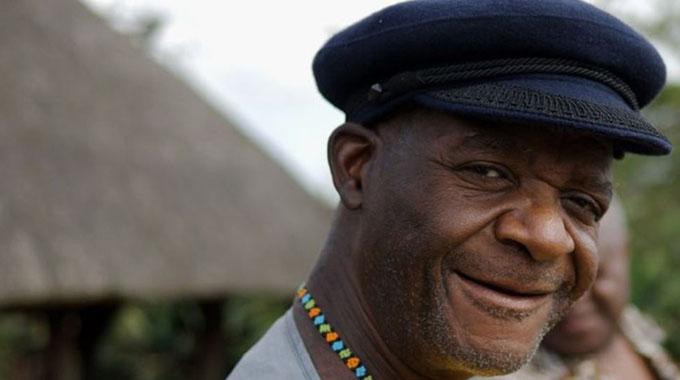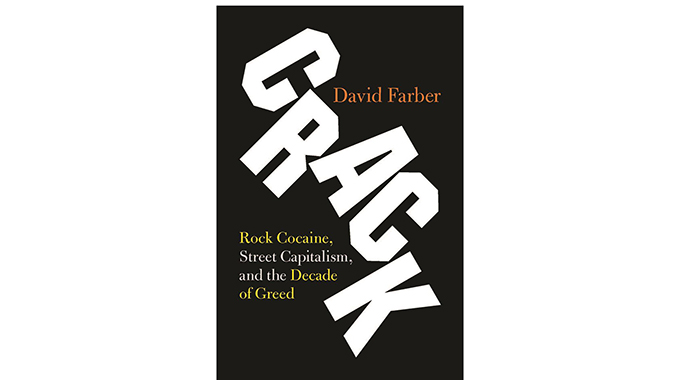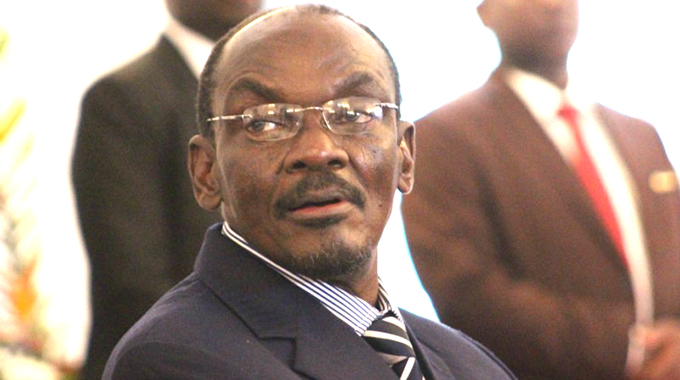Destroying, building bridges through words

Elliot Ziwira @ The Book Store
The past is stubborn, for it is reflected in the present and the future. However, if past hurts, wrongs and travails are always evoked in the hope of extrapolating meaning in the present, then, the future becomes a battlefield where scars are used to heal fresh wounds. Forgiveness does not come cheap, because only he that can forgive himself can also forgive others. The familial home is a battlefield, so are the communal and societal bases, principally as a consequence of the human folly to hold on to past hurts.
Central to the theatre of war that humanity grapples with on a daily basis are words. Words are as destructive as they are constructive.
It is against this background that the reading of Charles Mungoshi’s story “The Sins of the Fathers” (2003) in “Writing Still” (2003) edited by Irene Staunton and published by Weaver Press, becomes aptly revealing.
At the Bookstore, we are still to meet a writer, who handles the issue of the family unit, the way Charles Mungoshi does. As a master of metaphor, Mungoshi has a way of prodding at the core of the family unit with such potency that one cannot help finding his or her own travails reflected in the toils that the writer’s characters endure.
He can cut across social, racial and political barricades with such ease that the reader cannot help gasping as the pages flap in a deluge of his/her own experiences.
The family has a way of destroying or moulding an individual; and words, through their lack or eminence are pivotal in that annihilation or creation.
If words are accompanied by action, which is usually the case, then catastrophe comes donning so many ugly faces that the Devil can only ogle with envy.
Through characterisation and setting, in “The Sins of the Fathers”, Mungoshi examines how familial fractures reflect on the national discourse.
The realism purveyed in the story through conventional setting and historical allusions enunciates the calamity of expectation if past events are used to premiere current and future ones, with violence remaining a tool for subjugation.
As a suspense maestro, Mungoshi opens the story with the lines: “Everyone had gone and they were now alone, Rondo Rwafa and his father, the ex-minister. Unbeknown to the father, the son — who’d never handled a gun before — had one in the inside pocket of his jacket. By the end of the day he would shoot — or not shot — his father.”
As questions flood the reader’s mind as to why a responsible son would want to kill his father, it is revealed that they are at a funeral at Rondo’s plush house in Borrowdale. It is not immediately intimated, however, what exactly has happened save for the fact that there has been an accident.
It is a week now since then, yet the puzzle is still on, and Rwafa the ex-Minister of Security tells his son: “Your grief will pass away like dew in the morning sun. One day you will be grateful, glad that this has happened now and not later. You will remember me and thank me.”
Soon the reader will learn that Rondo has lost his two daughters; Yuna, six, and Rhoda, five, in a mishap that also claims his father-in-law Basil Mzamane. Then, the suspense heightens from this moment, especially read against Rwafa’s words.
It becomes befuddling how a son, who has lost two daughters in the company of their maternal grandpa, would thank his father that it “has happened now and not later?”
Rondo has never been close to his father, as the memories he has of his past with him always make him cry and shrivel inside.
He carries so many scars that thinking of his father as none other than a shadow he has to live in, becomes impossible. It robs him of independent thinking, thus reducing him to an object of laughter and ridicule among his friends and the journalistic fraternity.
His father calls him a “slob”.
Rondo’s mother describes Rwafa, her husband as “one bombed-out battlefield of scars”, whose deepest scar is that “he cannot forgive: not just his enemies. You. Me. Anyone.” All because he is “Zezuru-Karanga and, once-upon a time, they were raided by the maDzviti-Ndebele.”
Matters come to a head when Rondo marries Selina a “muDzviti”, thus “demeaning” the Rwafa family by having children with “Ndevere blood”.
Mzamane, Selina’s father and Rondo’s father-in-law, is a prominent “businessman and the MP of a constituency in northern Matabeleland”, but he remains humble, forgiving and accommodating, which riles Rwafa even more.
Despite being members of the same political party, the two old men do not see eye to eye, simply because Rwafa, an ex-minister and liberation war veteran refuses to let bygones be bygones; seeing “traitors” and “betrayers” everywhere, even in his imagination.
Even with the passage of time; the supposed healer, the voyeur inherent in Rwafa refuses to be cowed, leading to Mzamane’s death in a road accident, along with his treasured grandchildren.
Unforgiving old Rwafa is believed to be the architect behind the smash. And it is this that he believes his son will thank and remember him for.
There is no love lost between father and son; and affection no longer exists between Rwafa and his wife. Such are the feelings that the writer adeptly taps into, as death becomes a tool to settle scores. But, isn’t it trite that violence leaves no winners in its wake?
Curiously, with hate, grave pure hate, reaching its death knelling crescendo, Selina, Rondo’s wife, who has always been close to her mother-in-law, has a gun handy, courtesy of her surrogate mother.
Rondo has one in his, although he is not sure how to use it, or whose life it would claim; and Rwafa has his service pistol at the ready.
As passions gather, emotions run riot and the past remains a dry whirlwind that promises no respite to the expectant nation, “a soft muffled plop” is heard from within the guest room, where Rwafa has locked himself.
With that fateful soft plop, the past is probably buried, only probably; thus, retracting the words which have brought about a calamitous blanket on two families linked by love, but whose past; blamed on the fathers, remains the scar that perforates old wounds anew.









Comments